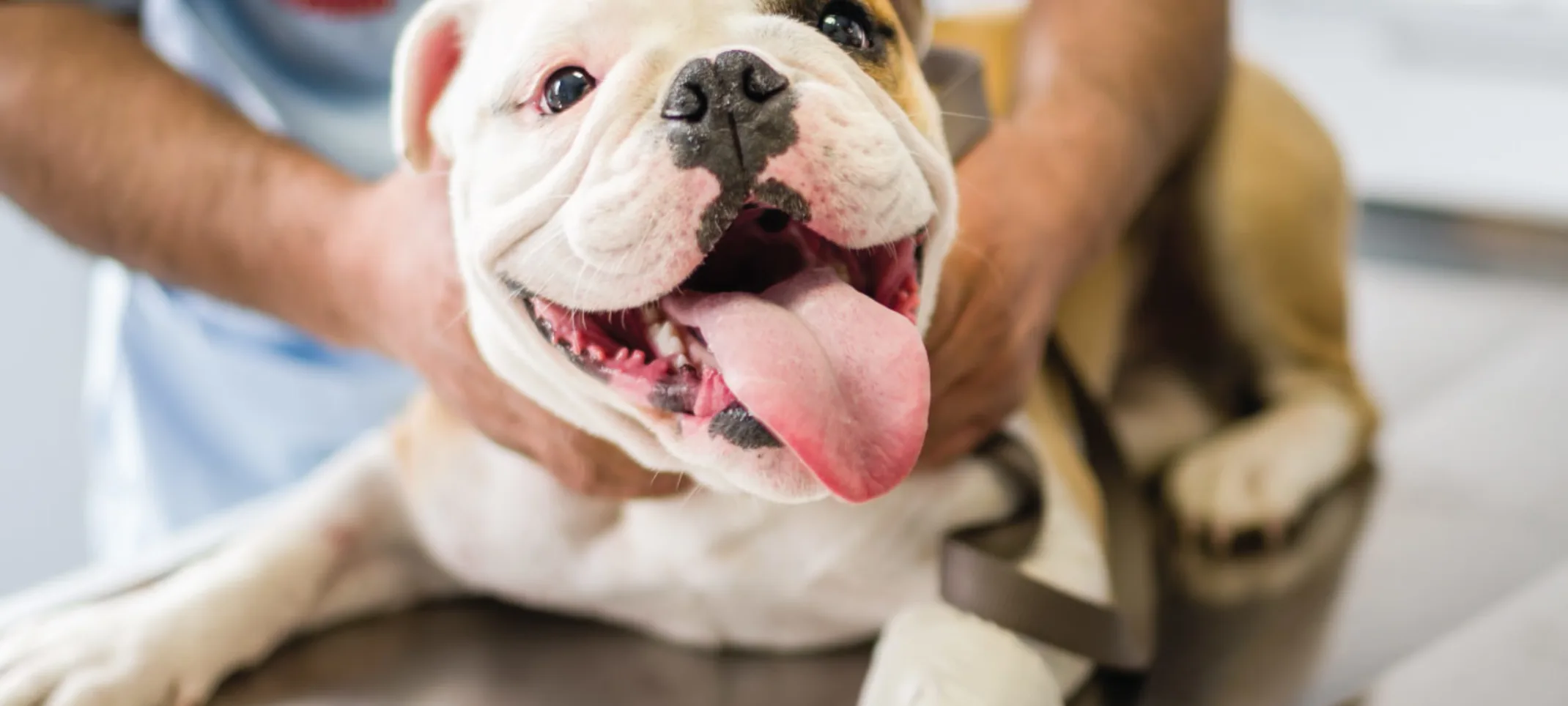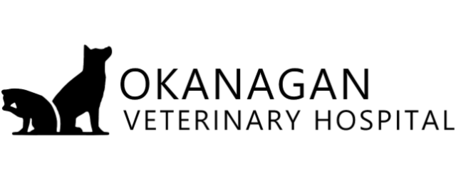Okanagan Veterinary Hospital
BOAS (Brachycephalic Obstructive Airway Syndrome) Surgery
Brachycephalic Obstructive Airway Syndrome (BOAS) affects short-nosed breeds, such as Bulldogs, Pugs, and French Bulldogs, causing breathing difficulties due to anatomical abnormalities.

Helping Your Pet Breathe Easier & Live Better
Our hospital offers surgical treatment for BOAS—a condition commonly found in flat-faced breeds, such as Bulldogs, Pugs, French Bulldogs, and Boston Terriers. These affectionate dogs often suffer from narrowed nostrils, elongated soft palates, and excess throat tissues, all of which make breathing difficult and can affect their quality of life.
Common Signs of BOAS
Noisy or labored breathing (snoring, snorting, wheezing)
Exercise or heat intolerance Gagging, choking, or regurgitation
Bluish gums or tongue (cyanosis), fainting spells
Surgical Solutions
Our referral surgeons, Dr. Mul and Dr. Veenis, offer a multi-tiered approach tailored to your pet's needs.
Widening Narrowed Nostrils – Enlarges the nasal openings to boost airflow.
Soft Palate Resection – Trims excess tissue to clear the airway.
Tonsillectomy and Laryngeal Sacculectomy – Removes obstructive throat tissues for improved breathing.
Additional Interventions – In advanced cases, techniques like temporary tracheostomy may be needed, always under expert care.
Why Early Intervention Makes a Difference
Correcting these structural issues early improves outcomes and reduces the risk of progression to more severe complications like laryngeal collapse or secondary gastrointestinal problems.
Our Commitment to Safety & Recovery
Pre-Surgical Evaluation: Prior to the procedure, each pet undergoes a pre-surgical Consult with the surgeon. During this Consult, the surgeon assesses your pet's airway and overall health and may recommend other diagnostics such as imaging or bloodwork. This is to determine your pet's anesthetic risk and ensure their safety before the procedure.
Advanced Surgical Care: Our team utilizes ventilators and advanced monitoring throughout surgery.
Post-Operative Support: Pets are closely observed following the procedure to manage swelling or breathing changes. In some cases, additional temporary airway support, such as a tracheostomy tube, may be necessary. If the surgeon decides the patient needs 24-hour monitoring, your pet will be transferred to Fairfield Animal Hospital, our local 24-hour emergency and referral centre, for continued care.
Dr. Mul is trained to provide OFA BOAS grading using the Respiratory Function Grading Scheme. This grading scheme assigns a scale of 0 to 3 to objectively diagnose BOAS. See here for more information.
Real Results, Improved Quality of Life
Most dogs breathe more easily, sleep better, and engage more freely in play and exercise after surgery. Timely treatment often translates to boosted energy levels and enhanced comfort.
